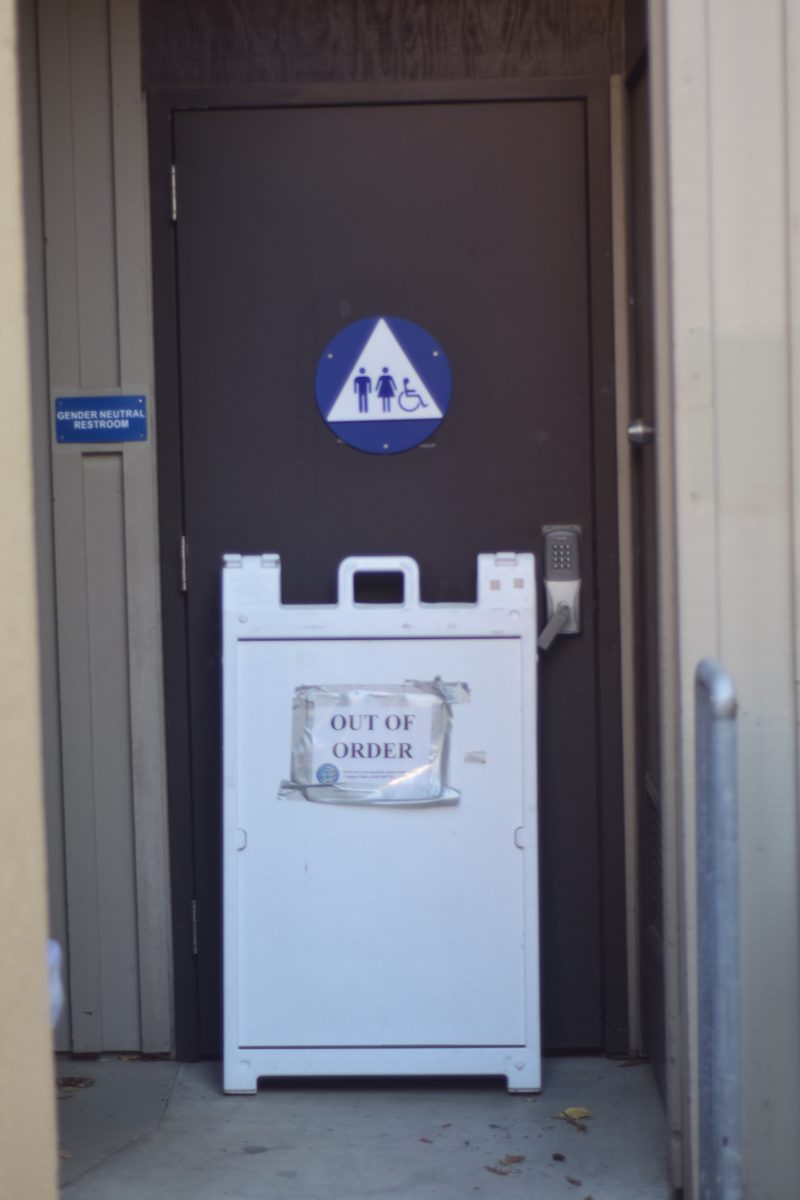The new year brings in hope, positivity, and a sense of self reflection, causing people to make resolutions.
They consist of a wide range of personal and professional commitments. Are new year ‘s resolutions helpful and what is a resolution anyway?
As the name suggests, it is a re-solution, working on something which already has a solution.
According to a report on Forbes, from Dan Diamond this year, about 40 percent of Americans make new year’s resolutions.
However, the report also cites a research study from the University of Scranton which suggests that only 8 percent of them attain their goals. These numbers indicate that a vast majority go back on their commitments.
What compels people to take up resolutions in the new year?
Americans believe that having a goal or a plan helps us in moving forward more smoothly.
As the year end approaches, we start analyzing and questioning ourselves or our achievements.
This might be a trigger for some to take up resolutions to attain something which was not achieved in the previous year.
For those who are afraid to make a commitment, this process helps in making one.
Sometimes setting goals adds a sense of determination and inspiration in individuals.
A New York Times report by Eilene Zimmerman talks about how professional goals are achievable by taking small steps. Success depends on how practical and rational the resolutions are.
Unaccomplishment of set goals could lead to frustration and create feelings of failure.
Is it necessary to have a resolution when the statistics on its success suggest otherwise?
A new and positive change should be welcome anytime without having any time-bound restrictions.
It is practical to have small achievable goals which are not easy to abandon.
There were mixed responses from De Anza students and faculty on keeping New Year resolutions.
According to Bianca Ortiz, a criminal justice major, resolutions work both ways.
On one hand, they enable you to challenge yourself, but there are also temptations to abandon them resulting in incomplete achievements.
Karl Isacson, a speech instructor at De Anza, feels that resolutions are the best part of the new year.
However, he personally does not keep any as he fears not fulfilling them.
Jeff Hoguenor, a 23-year-old Russian language student feels he is happy with his current achievements and does not need to have a special focus to attain something.
According to Marie Benji, 22, a business marketing major, resolutions are goals to renew your future and recover from the past.
She feels it’s good to keep them small so that the success of attaining them is higher.
A biochemistry major, Hana Irwin, 21, said she just started and trying her best to stick to them.
Having or not having new year’s resolution is a personal choice, but if the fear of failing is more than being successful then do we need them?
A good resolution can be made anytime without waiting for one particular time of the year.
They consist of a wide range of personal and professional commitments. Are new year ‘s resolutions helpful and what is a resolution anyway?
As the name suggests, it is a re-solution, working on something which already has a solution.
According to a report on Forbes, from Dan Diamond this year, about 40 percent of Americans make new year’s resolutions.
However, the report also cites a research study from the University of Scranton which suggests that only 8 percent of them attain their goals. These numbers indicate that a vast majority go back on their commitments.
What compels people to take up resolutions in the new year?
Americans believe that having a goal or a plan helps us in moving forward more smoothly.
As the year end approaches, we start analyzing and questioning ourselves or our achievements.
This might be a trigger for some to take up resolutions to attain something which was not achieved in the previous year.
For those who are afraid to make a commitment, this process helps in making one.
Sometimes setting goals adds a sense of determination and inspiration in individuals.
A New York Times report by Eilene Zimmerman talks about how professional goals are achievable by taking small steps. Success depends on how practical and rational the resolutions are.
Unaccomplishment of set goals could lead to frustration and create feelings of failure.
Is it necessary to have a resolution when the statistics on its success suggest otherwise?
A new and positive change should be welcome anytime without having any time-bound restrictions.
It is practical to have small achievable goals which are not easy to abandon.
There were mixed responses from De Anza students and faculty on keeping New Year resolutions.
According to Bianca Ortiz, a criminal justice major, resolutions work both ways.
On one hand, they enable you to challenge yourself, but there are also temptations to abandon them resulting in incomplete achievements.
Karl Isacson, a speech instructor at De Anza, feels that resolutions are the best part of the new year.
However, he personally does not keep any as he fears not fulfilling them.
Jeff Hoguenor, a 23-year-old Russian language student feels he is happy with his current achievements and does not need to have a special focus to attain something.
According to Marie Benji, 22, a business marketing major, resolutions are goals to renew your future and recover from the past.
She feels it’s good to keep them small so that the success of attaining them is higher.
A biochemistry major, Hana Irwin, 21, said she just started and trying her best to stick to them.
Having or not having new year’s resolution is a personal choice, but if the fear of failing is more than being successful then do we need them?
A good resolution can be made anytime without waiting for one particular time of the year.









